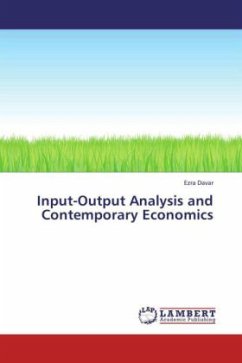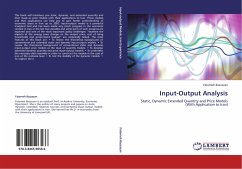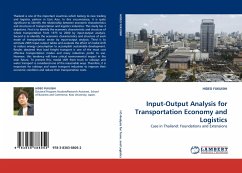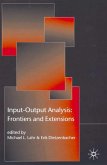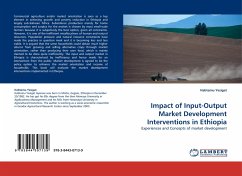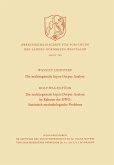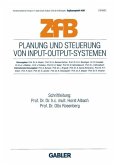This book shows that one of the main reasons why input-output analysis is not usable for solving meaningful economic problems is the dissonance between theoretical and empirical accounts of input-output analysis and real life economic activities. And this, despite the fact that many countries have been compiling empirical input-output tables. The author expounds the flaws of existing input-output models, and demonstrates the inadequate results yielded by their practical applications. He covers various topics of input-output analysis with the overall goal of bringing theoretical and empirical accounts of input-output analysis closer to the needs of real life and economic reality. The author puts forward new versions of input-output models reflecting the needs of today economics and how this can be addressed by: (1) the reformulating their theoretical basis by introducing separate categories: money, land, saving; and (2) Extending empirical input-output and considering it in detail. The suggested models should be useful for both theoreticians and those who empirically implement input-output analysis.
Bitte wählen Sie Ihr Anliegen aus.
Rechnungen
Retourenschein anfordern
Bestellstatus
Storno

